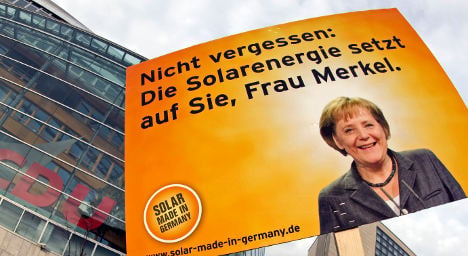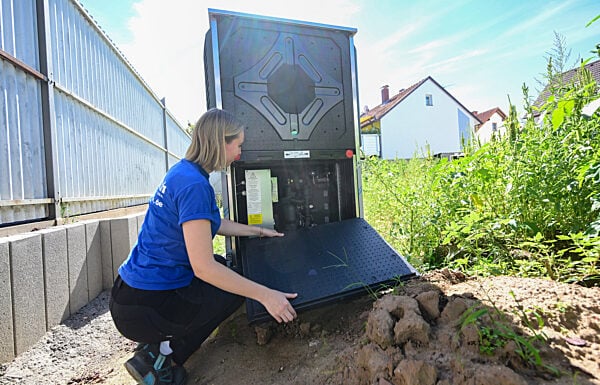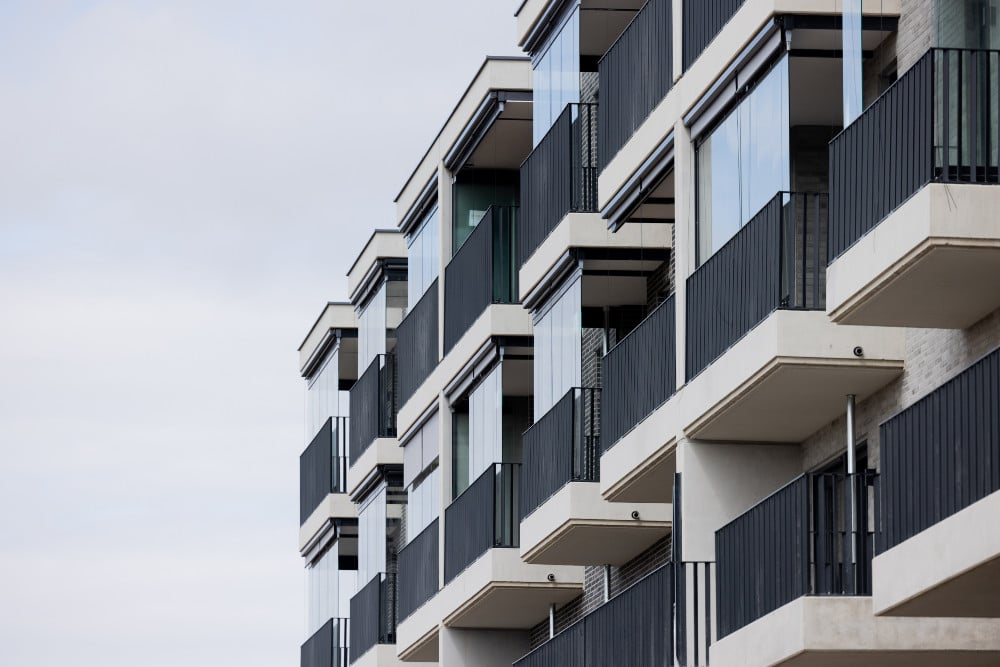Berlin currently guarantees good prices for solar panel owners who sell electricity, but the subsidies diminish progressively over 20 years and would be cut more sharply and eliminated altogether in certain cases under a new law, said Peter Altmaier, a CDU member that follows the sector.
Germany is the world’s leading market for solar panels, but the aid led to farmers installing them on arable fields and boosted the global market, which has in turn helped Chinese producers that have begun to hurt German rivals.
Under a draft law to be considered by Merkel’s cabinet on March 3, state guaranteed prices would be cut by 15-16 percent for panels installed on the ground and on roofs.
Support would be eliminated altogether for those planted in fields that could also be used to grow crops.
In late January, Environment Minister Norbert Röttgen, also a CDU member, raised the idea of a 25 percent decrease in subsidies for panels on arable land, but in the end, policymakers decided to cut them completely.
“There must be no more panels installed on arable land,” Altmaier said following a meeting of government coalition partners, the CDU and the liberal Free Democrats.
Experts say the subsidy fails to spur competition in the industry, which represents less than one percent of all electricity production in Germany, Europe’s top economy. Solar collectors would still be encouraged in industrial zones and along motorways and railways, however.
Producing electricity with solar energy has become a lucrative business in Germany, with the guaranteed prices underwritten by fees shared by all consumers.
That costs consumers a €1 billion ($1.36 billion) per month according to Hans-Peter Friedrich, a leader of the CDU’s Bavarian sister party, the CSU. And German manufacturers are seeing less and less benefit from the policy.
On Tuesday, the German group Q-Cells posted a 2009 net loss of €1.36 billion, on sales that fell by 35 percent to €801 million owing to plunging prices and increased competition.
The German group and rivals had enjoyed strong growth until now, with Q-Cells posting sales of just €17.3 million in 2002, a figure that topped €1 billion in 2008. Last year it was forced to cut 500 jobs from a total workforce of 2,600 and move some production to Malaysia.





 Please whitelist us to continue reading.
Please whitelist us to continue reading.
Member comments